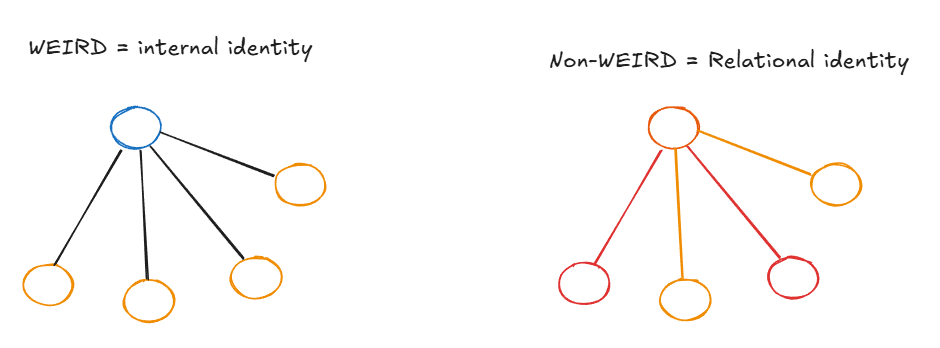Have You Tried Thinking About It As Crystals?
Epistemic Status: Written with my Simulator Worlds framing. E.g I ran simulated scenarios with claude in order to generate good cognitive basins and then directed those to output this. This post is Internally Verified (e.g I think most of the claims are correct with an average of 60-75% certainty) and a mixture of an exploratory and analytical world.[1] This post also has a more technical companion piece pointing out the connections to Singular Learning Theory and Geometric Deep Learning for the more technically inclined of you called Crystals in NNs: Technical Companion Piece. Have You Tried Thinking About It As Crystals? Scene: A house party somewhere in the Bay Area. The kind where half the conversations are about AI timelines and the other half are about whether you can get good pho in Berkeley. Someone corners an interpretability researcher near the kombucha. (Original story concept by yours truly.) CRYSTAL GUY: So I've been thinking about shard theory. INTERP RESEARCHER: Oh yeah? What about it? CRYSTAL GUY: Well, it describes what trained networks look like, right? The structure. Multiple shards, contextual activation, grain boundaries between— INTERP RESEARCHER: Sure. Pope, Turner, the whole thing. What about it? CRYSTAL GUY: But it doesn't really explain formation. Like, why do shards form? Why those boundaries? INTERP RESEARCHER: I mean, gradient descent, loss landscape geometry, singular learning theory— CRYSTAL GUY: Right, but that's all about where you end up. Not about the path-dependence. Not about why early structure constrains later structure. INTERP RESEARCHER: ...okay? CRYSTAL GUY: Have you tried thinking about it as crystals? INTERP RESEARCHER: CRYSTAL GUY: INTERP RESEARCHER: Like... crystals crystals? Healing crystals? Are you about to tell me about chakras? CRYSTAL GUY: No, like—solid state physics crystals. Nucleation. Annealing. Grain boundaries. The whole condensed matter toolkit. INTERP RESEARCHER: That's... hm. CRYSTAL GUY
